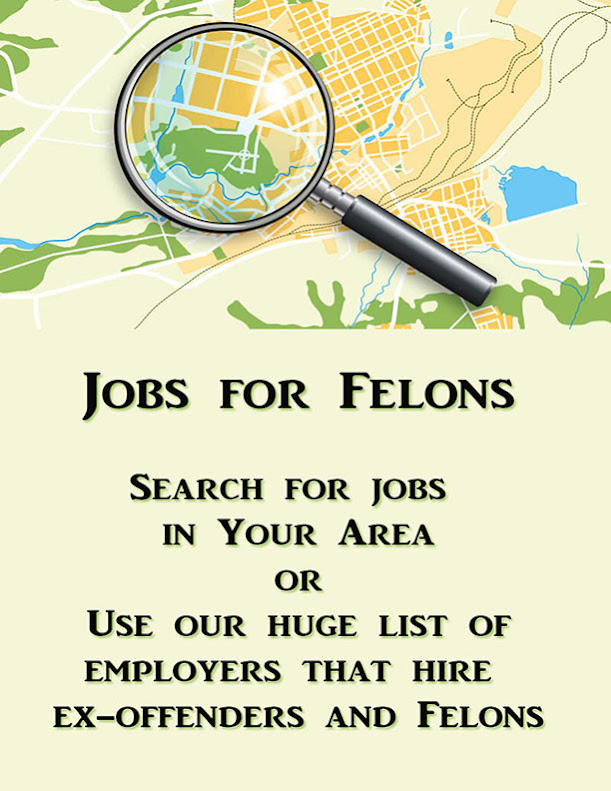But depending on the charges or convictions on your record, and the length of time since your legal trouble began, you may be able to fully or partially clear your criminal record. But it’s not necessarily a straightforward process.
“Some people are able to navigate the process on their own,” says
Jamie Gullen, supervising attorney with Community Legal Services of Philadelphia’s employment unit.
In Pennsylvania, the most common approach is filing a petition to have your record either expunged or sealed. But who is eligible, and how can you apply? Here is what you need to know:
What’s the difference between getting my record expunged and sealed?
Sealing — or “limited access,” as it is known in Pennsylvania — only closes off your criminal records from public view, and doesn’t completely remove or destroy them. So, in some circumstances, they can still be accessed, such as by police, criminal court judges, and district attorneys, as well as by certain employers, (for example, if a job requires a federal security clearance).
If your record has been expunged or sealed, you no longer have to disclose that you have that record if you’re asked about it on things like housing or employment applications.
What types of records can be expunged?
Expungement is more limited, and applies to fewer kinds of records, Gullen says. Mostly, that means that only “non-conviction” records — records in which you were charged with a crime but not convicted of it — can be fully expunged.
Felonies and serious misdemeanors — such as those that involve violent crime and sexual offenses — generally cannot be expunged.
There are, however, a few other cases in which you can get a criminal records expunged, including:
Convictions for summary offenses, such as disorderly conduct and loitering, so long as you haven’t been arrested for five years since being convicted.
Crimes for which you completed a special program, such as the Accelerated Rehabilitative Disposition program, or the Small Amount of Marijuana Program.
If you are 70 years old or older and have been arrest-free for 10 years since being convicted, any conviction — misdemeanor or felony — on your record is eligible for expungement.
Additionally, Pennsylvania is one of the few states to offer “partial expungement,” meaning that, for example, if you were charged with 20 crimes and only convicted of one, the remaining 19 charges could be expunged.
What records are eligible to be sealed?
That’s a little more complicated. Pennsylvania has “automatic sealing” as part of our Clean Slate law, which doesn’t require you to do anything to have certain criminal records sealed. (Other records require that you file a petition, which requires some paperwork.
Generally, after certain periods of time, Pennsylvania’s Clean Slate law will automatically seal:
Non-convictions
Convictions for many second- and third-degree misdemeanors after 10 years without any further convictions
Summary offenses that are at least 10 years old.
(There is some overlap here with expungement, but even if your record is automatically sealed, you can still try to have it expunged if you need extra protections.)
Some convictions are automatically sealed but you can still petition the courts to seal it. Those, Gullen says, include some nonviolent first-degree misdemeanors, as well as some second- and third-degree misdemeanors. For example, if you have a second-degree simple assault charge, it may be eligible to be sealed if you file a petition, Gullen says.
In the past, to get your record sealed, you had to pay court fines and costs related to your case. But starting in January 2021, that rule doesn’t apply for petition-based sealing. And it’s been removed for automatic sealing starting in November 2021,
according to CLS. (But if your case includes restitution, that must still be paid.)
“The rules around what is automated and what’s petition-based are quite complicated,” Gullen says. But one good resource is CLS’s MyCleanSlatePA.com website, where
you can find guides and flowcharts that can help you determine your eligibility and options.
How can I get my record sealed or expunged?
The first step is to obtain your criminal record. You can find that on the
MyCleanSlatePa.com site, or via the UJS Portal, which provides public access to court records, simply by entering in your own information. If nothing shows up, it’s possible that your record is already sealed, but if you need more assurance, you can get your full record from the Pennsylvania State Police via the
“Request for Individual Access and Review” form.
From there, you can find whether you are eligible to have your record sealed or expunged. Then, Gullen says, the process for applying to have your record expunged or
sealed is largely the same, just different paperwork. Both forms are available online, and require information like your name and address, as well as information about your records.
Next, you need to file the forms with the court in the county where your charges were filed. You have to pay a fee of $132 per form to file, (there can also be additional fees from the county where you are filing). If you are low-income, though, you may be able to file under an “In Forma Pauperis” status, which would waive any filing fees.
“In Philadelphia, once the petition is agreed to, it basically gets sent to a judge to sign off on, and the courts send that paperwork onto local and state police, and other agencies,” Gullen says. “It’s more complicated to figure out what’s on your record, and to figure out how to file everything than the actual processes after that.”
But if you need help, local legal aid organizations like CLS can review your record and go over your options. If you’re not in Philadelphia, PALawHelp.org can help you find your local legal aid group.
Can I get a pardon?
Getting a pardon is similar to filing for expungement or sealing, but you don’t have to pay a fee to apply, and you file
directly to the Board of Pardons, not an individual county court.
The difficult part, Gullen says, is that you have to get court documents about your case — including the criminal complaint, plea or verdict and sentencing order — from the court in which the case was filed, and every county has a slightly different process to obtain those records.
 I get this often from ex-offenders and felons with juvenile records who are looking for jobs. Contrary to what many people believe, juvenile records do not disappear when on reaches the age of adult. In many states, juvenile records are sealed. Sealed meaning they are hidden from the public. They will always be available, however, to the court system, law enforcement and government agencies. Since many jobs in health care require licensing or certifications there will be the question of can you be certified.
I get this often from ex-offenders and felons with juvenile records who are looking for jobs. Contrary to what many people believe, juvenile records do not disappear when on reaches the age of adult. In many states, juvenile records are sealed. Sealed meaning they are hidden from the public. They will always be available, however, to the court system, law enforcement and government agencies. Since many jobs in health care require licensing or certifications there will be the question of can you be certified.















